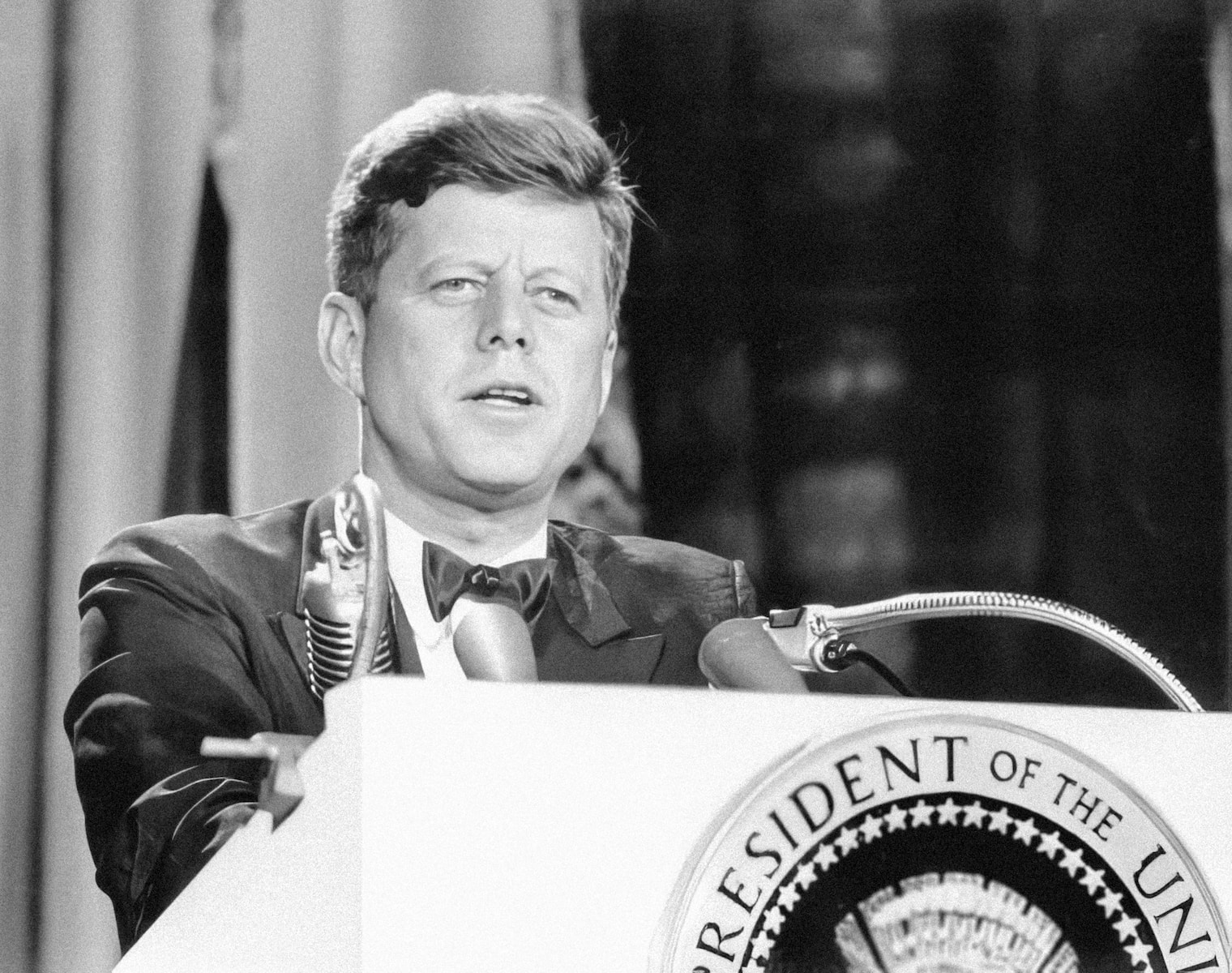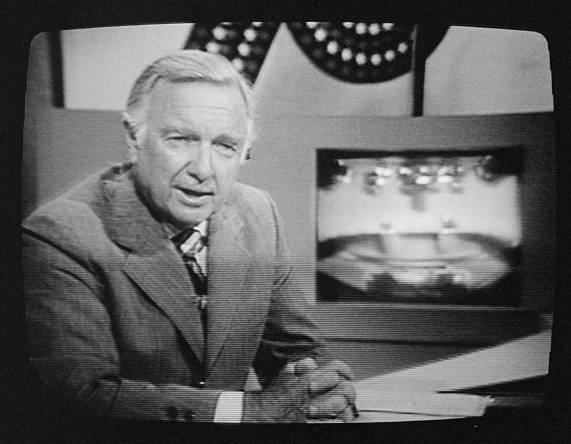Share this article with your network of friends!
For seniors who lived through the early 1960s, November 22, 1963, is a day etched into memory—a day that forever changed the course of American history. The assassination of President John F. Kennedy in Dallas, Texas, sent shockwaves through the nation and the world. As we remember this tragic event, let us delve into the events surrounding the assassination, the investigation that followed, and the enduring impact it left on the American psyche.
The Fateful Day
On a sunny Friday afternoon, President Kennedy and First Lady Jacqueline Kennedy arrived in Dallas for a political visit. Crowds gathered to catch a glimpse of the charismatic leader as he rode in an open-top convertible through the streets of the city. However, tragedy struck when shots rang out in Dealey Plaza, and President Kennedy was mortally wounded.
The Investigation
In the aftermath of the assassination, a massive investigation was launched to uncover the truth behind the tragic event. The suspect, Lee Harvey Oswald, was arrested for the shooting but was himself killed two days later while in police custody. The circumstances of Oswald’s death, the so-called “magic bullet” theory, and other aspects of the investigation have sparked numerous debates and conspiracy theories over the years.
The National Mourning
The assassination of President Kennedy plunged the nation into mourning. Americans from all walks of life expressed their grief and disbelief at the sudden loss of a young and promising leader. The famous image of young John F. Kennedy Jr. saluting his father’s casket remains etched in the collective memory, symbolizing the nation’s grief and resilience.
The Impact on American Society
The Kennedy assassination had a profound impact on American society and politics. The loss of a charismatic and visionary leader left a void that was deeply felt by the nation. President Kennedy’s untimely death marked the end of an era of idealism and optimism, as well as the beginning of a period of national introspection.
The Legacy of JFK
Despite his short time in office, President Kennedy’s legacy endured. He had a vision for a more just and compassionate society, calling on Americans to serve their country and work towards a brighter future. His initiatives, such as the Peace Corps and the Civil Rights Act, inspired generations to come and left an indelible mark on American history.
Continued Interest and Investigation
Decades after the Kennedy assassination, public interest in the event remains high. Numerous books, documentaries, and investigations have sought to shed light on the events of that fateful day and the circumstances surrounding President Kennedy’s death. The debate over conspiracy theories and unanswered questions continues to captivate both historians and the public alike.
Conclusion
As we remember the Kennedy assassination, we reflect on the loss of a charismatic leader and the impact it had on American society. The tragedy of November 22, 1963, left an enduring mark on the nation’s consciousness, a poignant reminder of the fragility of leadership and the importance of cherishing the ideals and values that President Kennedy sought to uphold. As we look back, we honor his legacy and continue to seek the truth surrounding that fateful day in American history.
DISCLAIMER: This website contains articles for informational and entertainment purposes only. No articles on this website should be considered as professional advice for any medical, legal, or financial matter. Advertisements and content may contain affiliate links, where the website earns a commission for sales derived from our users.






[…] The JFK Assassination (1963): The assassination of President John F. Kennedy on November 22, 1963, in Dallas, Texas, was […]